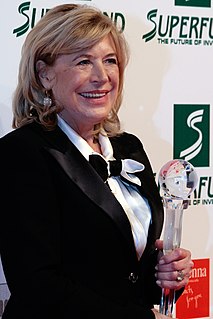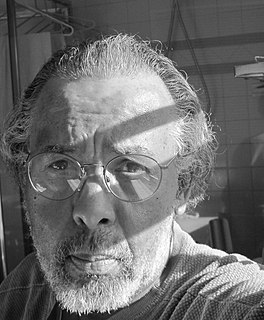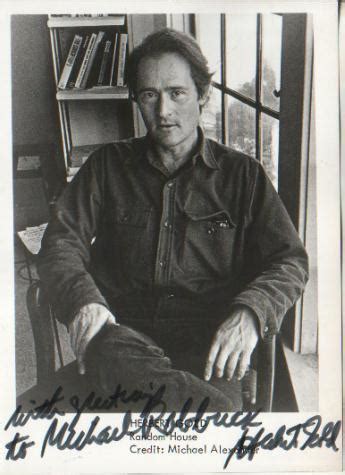A Quote by Frank Peretti
There are writers, and there are readers who want something more. They want to get at the grist of life.
Related Quotes
People don't want to pay for pitches. They want to see it. If you hear one more time, "Well, that's execution-dependent." Everything's execution-dependent! If there's something that's going to be a little bit more interesting than The Untitled Slinky Movie, then I think that writers that want to do interesting work and at the same time commercial work need to put it down on paper. So agents and producers that writers are working with are encouraging them to get it on paper because the studios like to see what they're buying rather than just imagine what it could be.
In this life we get only those things for which we hunt, for which we strive, and for which we are willing to sacrifice. It is better to aim for something that you want-even though you miss it-than to get something that you didn't aim to get, and which you don't want! If we look long enough for what we want in life we are almost sure to find it, no matter what that objective may be.
Life can be unsettling. Writers have always gravitated to conflict, unhappiness and disturbing themes. We as readers would get bored pretty quickly if stories were about all the pleasant things in life. Since we know our troubles are always coming we want to see in our fiction examples of how others have dealt with them.
I always ask young writers, 'Are you certain you want to be a writer? If you're absolutely sure, then do it.' If you really want to write, writing has to take precedence over everything else, except for taking care of your loved ones. It has to be more important than any possession, more important than fame. We hear about just a few writers who get famous, but most of them don't. It's got to mean more than that.
Being goal-oriented instead of self-oriented is crucial. I know so many people who want to be writers. But let me tell you, they really don't want to be writers. They want to have been writers. They wish they had a book in print. They don't want to go through the work of getting the damn book out. There is a huge difference.
I have a total responsibility to the reader. The reader has to trust me and never feel betrayed. There's a double standard between writers and readers. Readers can be unfaithful to writers anytime they like, but writers must never ever be unfaithful to the readers. And it's appropriate, because the writer is getting paid and the reader isn't.
When you're young - when I was young - you want your emotions to be like the ones you read about in books. You want them to overturn your life, create and define a new reality. Later, I think, you want them to do something milder, something more practical: you want them to support your life as it is and has become. You want them to tell you that things are OK. And is there anything wrong with that?


































